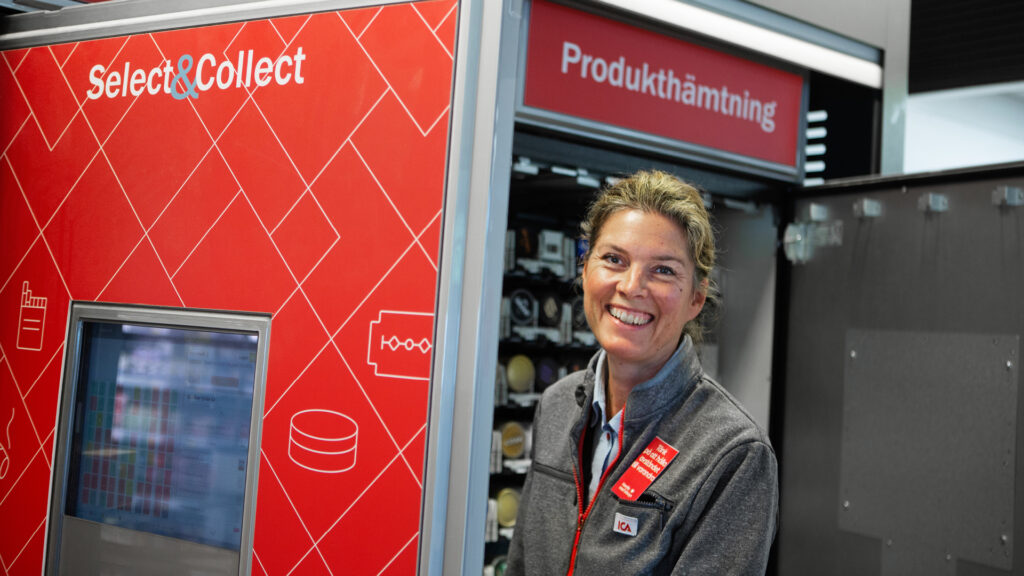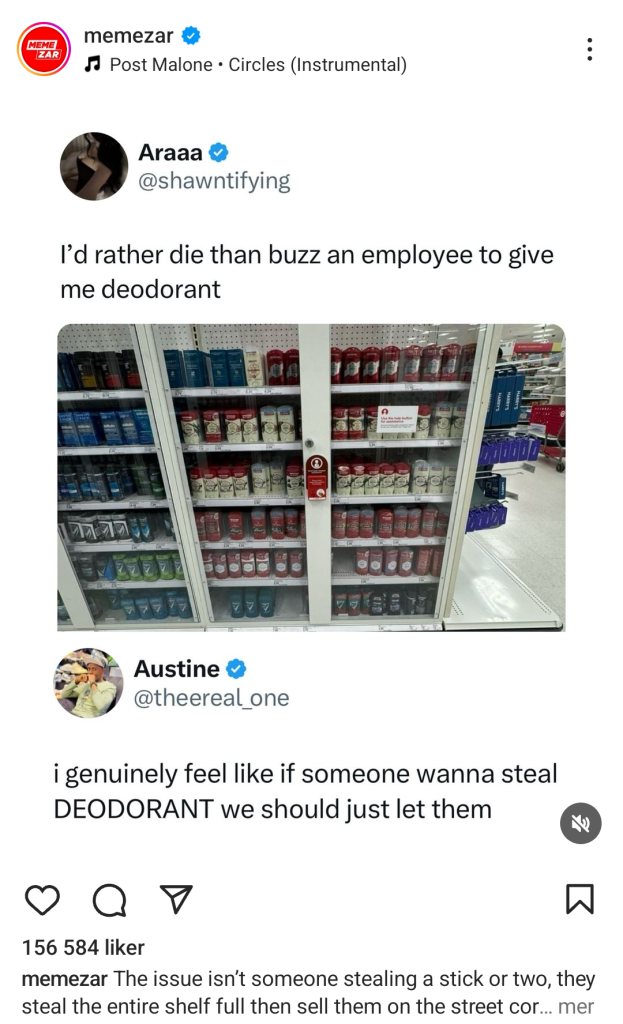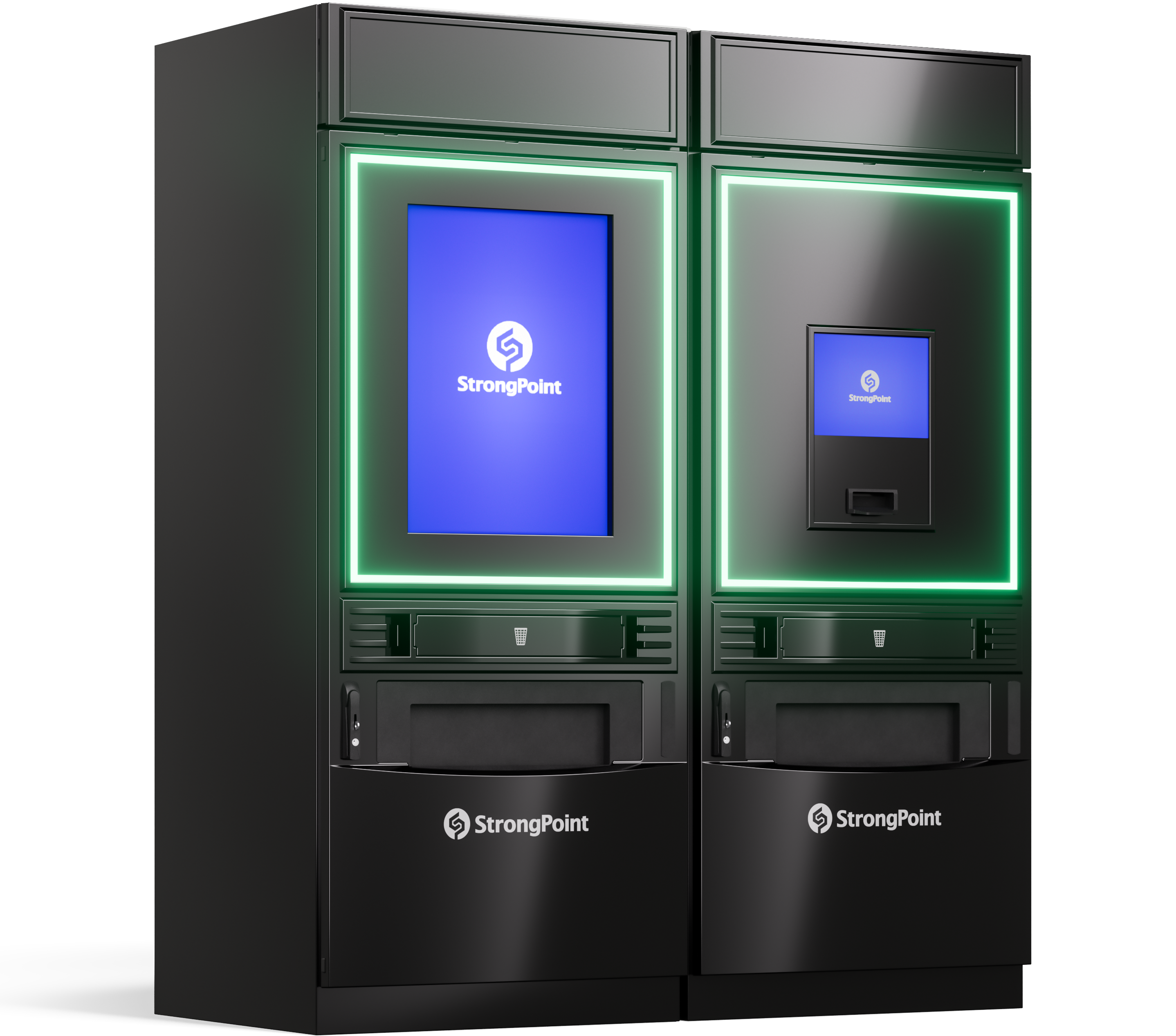Why Vensafe Will Prevent Theft in Your Store While In-Aisle Vending Won’t
How vending machine changes can help retailers protect employees and cut down on shrink

Retailers are taking extreme action as in-store theft rates continue to grow. Retailers are naturally becoming desperate, converting shelves into secured cabinets and affixing security tags or safety boxes to even the smallest products, like chocolate bars.
These measures just make theft slightly more difficult; they don’t completely prevent it. Additionally, they make it more difficult and time-consuming for sincere customers to purchase what they desire from their store. In actuality, the majority of shops observe a decline in sales, indicating that many customers choose not to purchase the product.

Retailers are forced to choose between preventing theft and lowering sales or doing nothing and allowing theft to occur along with the risks it poses to both employees and consumers.
What is the answer, then?
Some have looked to various iterations of an already-existing solution—in-aisle vending machines—as a possible remedy. Because the products are protected, there is almost no theft.
However, in-aisle vending has a number of drawbacks:
- Creates multiple payments points customers
It’s awkward to interrupt a shopping trip to stop at a vending machine, buy a separate item, add it to your trolley or basket, and then go through another payment process. - Restricted payment methods
Vending machines may only accept certain payment methods, making it more difficult for customers. - Can’t pay in cash
The in-aisle vending machine is unlikely to be able to receive cash. That means the products become unavailable to some customers. - Makes job for security staff harder, not easier
Security staff should be aware that some customers will purchase items from the in-aisle vending machine and may not exit through the checkout area. This may complicate their job and require additional checks for honest customers to confirm their vending machine purchases. - Coupons & club cards
Vending machines often don’t integrate well with store loyalty programs, discount coupons, or club cards. - No opportunity to inspect products
Shoppers often like to inspect products before purchasing. Comparing packaging or reading product details. Vending machines don’t allow for this. - Difficulties for elderly or less tech-savvy shoppers
Older customers or those who are less familiar with technology may struggle to use vending machines.
What’s the solution
Retailers in Scandinavia have been employing a solution that is similar to a vending machine but does not have the seven main drawbacks of an in-aisle vending machine.
Introducing the Vensafe
All the benefits, none of the drawbacks
Vensafe is a tried and tested solution, already in use in over 2,500 stores across Europe.
Vensafe isn’t a vending machine, it’s a secure dispenser where customers can collect their purchases after they have paid for them.

Vensafe Select & Collect
Vensafe makes it possible to gather age-restricted and high-theft items from both manned and self-checkout checkouts in a secure location within the shop. Retailers are able to increase in-store productivity, improve employee safety, stop selling to children, and reduce in-store robberies thanks to this.
Learn moreHow does this differ from an in-aisle vending machine?
- Customer journey remains the same
Customers can shop as normal and collect either dummy boxes of items or a printed coupon via a screen in-aisle. - Multiple payment methods
As the customer pays via any point of sale at the store and not direct from the vending machine, they can pay any way the store allows. - Can pay in cash
As the point of sale is done before the customer collects their items, they can pay in cash. - Makes job for security staff easier, not harder
As anyone who collects items from the Vensafe has to have already made the purchase, the security staff don’t have to worry about any item that’s stored in the dispensers. - Coupons & club cards
With the purchase at the store’s POS as normal, all coupons, loyalty cards etc. are registered as normal as well. - Can look at products
For items like medicines, shoppers can have product ‘cards’ with all the information available or use dummy boxes. If screens are used, all relevant information can be displayed digitally. - Easier for elderly or less tech-savvy shoppers
If the store uses dummy boxes or product cards, there is no change to the shopping process, so there is no negative impact on these shoppers.
The greatest advantage is that you can stock a Vensafe with a large range of goods.
Vending machines are frequently provided as an in-store promotion by a specific product manufacturer or brand. Take razor blades, for instance. Which would you prefer a dozen Vensafes distributing hundreds of different products, or a single vending machine advertising razor blades from a single brand?